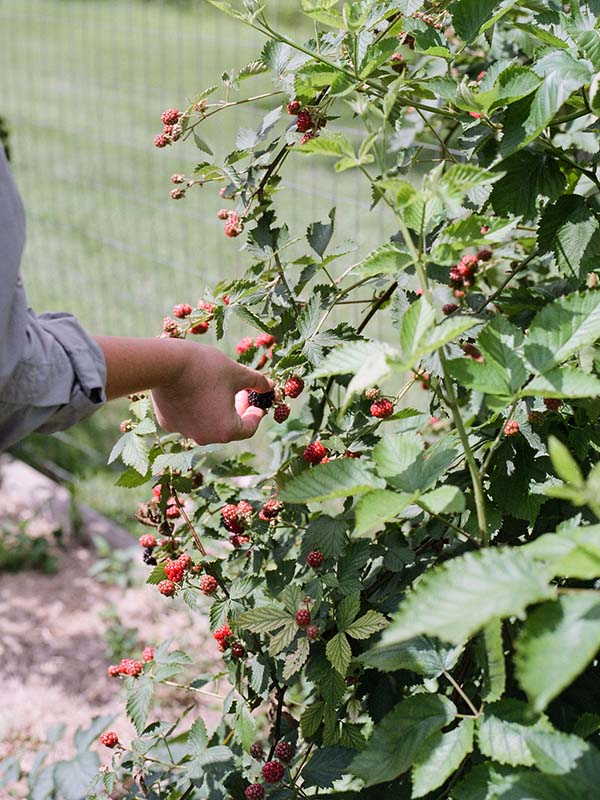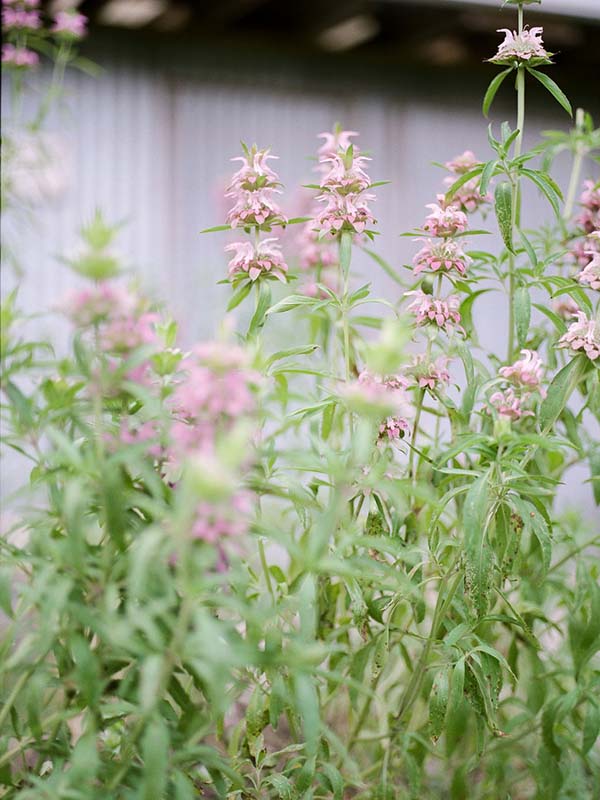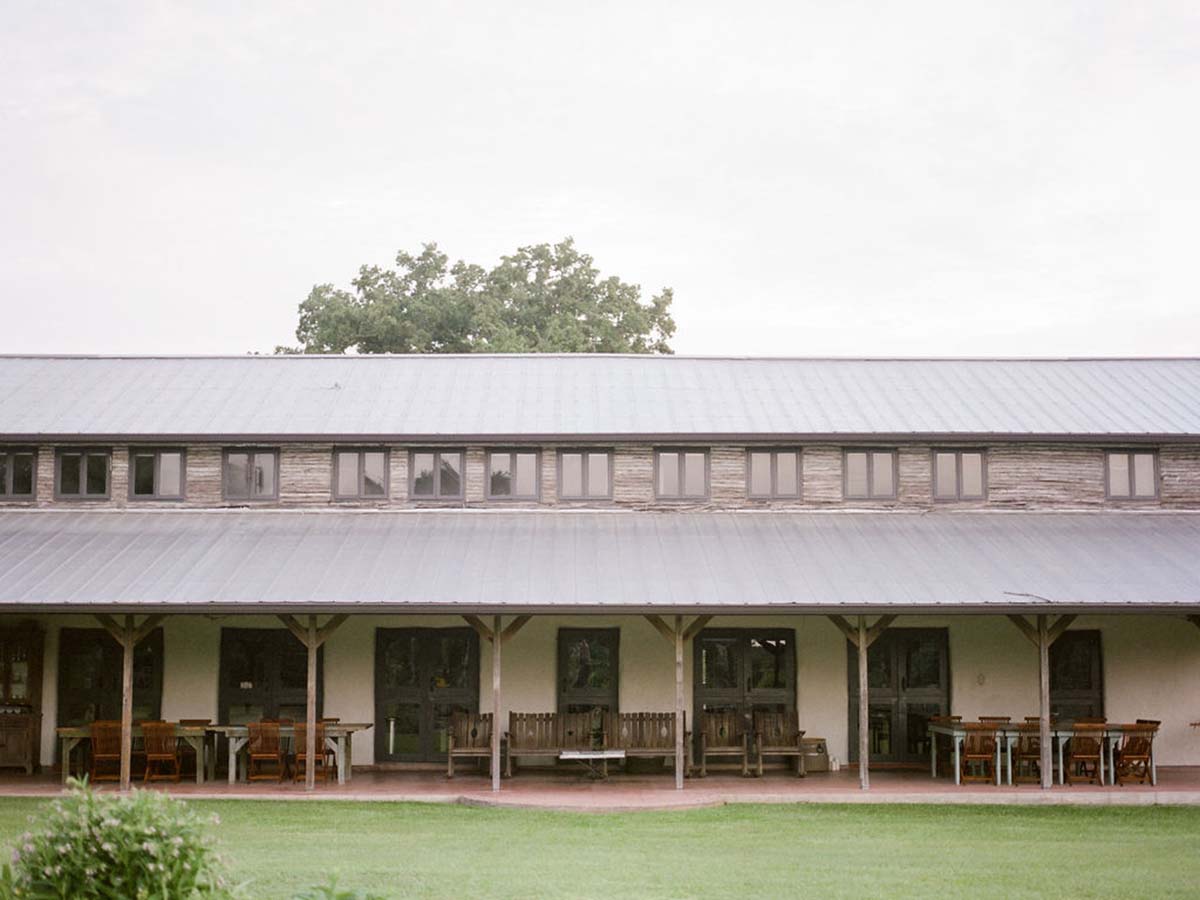From Nature Education to Resilient Agriculture
Blackwood’s History
Blackwood existed long before it became an official nonprofit; the land had been in the Conlon family for generations.
“You can take the farm out of nature education but you cannot take the nature education out of the farm.”
– Cath Conlon, founder and CEO, Blackwood Educational Land Institute
In 2000, Cath Conlon established Blackwood Educational Land Institute as a nonprofit organization to remind students of humanity’s intrinsic bond with the land, to teach the interconnectivity of all living things, and to suggest that great things can happen only if we realize that this interdependence extends to our families and our communities as well.
Blackwood existed long before it became an official nonprofit; the land had been in the Conlon family for generations. When Cath’s son, Cade, entered elementary school in 1990, she wanted him to be able to spend more time on the land. She asked his school if they would be willing to spend Fridays at Blackwood to help build a garden and they agreed. As Cade grew and moved on to new schools, each school followed him to Blackwood to work on the land. Even after he graduated from a school, teachers continued to bring their students.
In the beginning, there was nothing on the land and the soil was in bad shape after heavy industrial cotton farming. There was a lot of work to be done to restore the property. When it rained or it was too hot to garden, students and teachers had nowhere to take respite. Luckily, a news company in Houston donated a metal barn to Cath. This was the first structure at Blackwood.


After several years of all day Fridays on the land, Cath wanted students to spend longer periods of time to connect more deeply with nature. She needed a building to house at least 30 students as well as a kitchen to prepare meals. In 1996, Cath built Baleyfield House, a 5,000-square foot straw bale house equipped with a rainwater harvesting system.
For a week at a time, school groups lived on the land, working to improve the soil and build a sustainable habitat, all while studying their traditional classroom lessons. They took on facility construction projects and prepared meals together in the large kitchen. In a reinvigoration of the traditional sharing of meals, they enjoyed them together, family style, on the long porch overlooking the Kitchen Garden and orchard. They slept in bunk beds and gathered for class in the Great Room.
In 2008, Blackwood Nature Camp was launched. This summer experience was created to give campers the opportunity to explore and adventure through the outdoors and be free to discover or renew a relationship with the natural world.
In 2012, the Hopscotch Garden was built to expand Blackwood’s growing capacity. Two high tunnels were added to create 11,000 square feet of climate-regulated growing space. In addition to this, two cabins were built to provide space for educators to plan their lessons. These cabins are now rented to the general public as well as to visiting groups.
In 2013, the Gathering Hall was completed with a full bathhouse, reception hall, and commercial kitchen for weddings and other special events.
For nearly two decades, adults have savored Blackwood as well, participating in Mornings in the Country, private retreats, Farm to Table Experiences, and group workshops.
In 2014, Blackwood evolved and changed its focus from nature education to resilient agriculture. The gardens were always there, and it was time to connect people to their food and model a closed loop food system.



